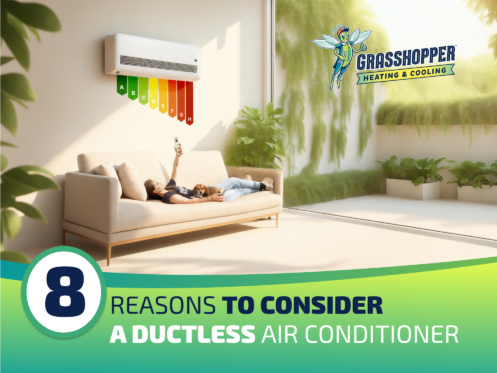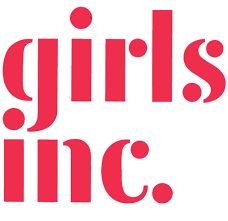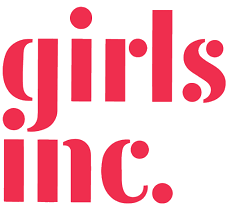
TRUST US WITH
YOUR COMFORT
To be upfront with our pricing, we are more than happy to offer free estimates for any service before moving forward. The best interests of our customers are respected, and we’re known for offering expert advice about any situation that you’re facing. Technicians from Grasshopper Heating & Cooling will go the extra mile to meet the individual needs of each of our Clifton Park customers. We work hard to build lasting and trusting relationships with all of our customers, and are proud to serve you with the highest level of service, products, and customer satisfaction in all that we do.
To learn more about how we could serve your individual home comfort needs in Capital District, call Grasshopper Heating & Cooling today!




















